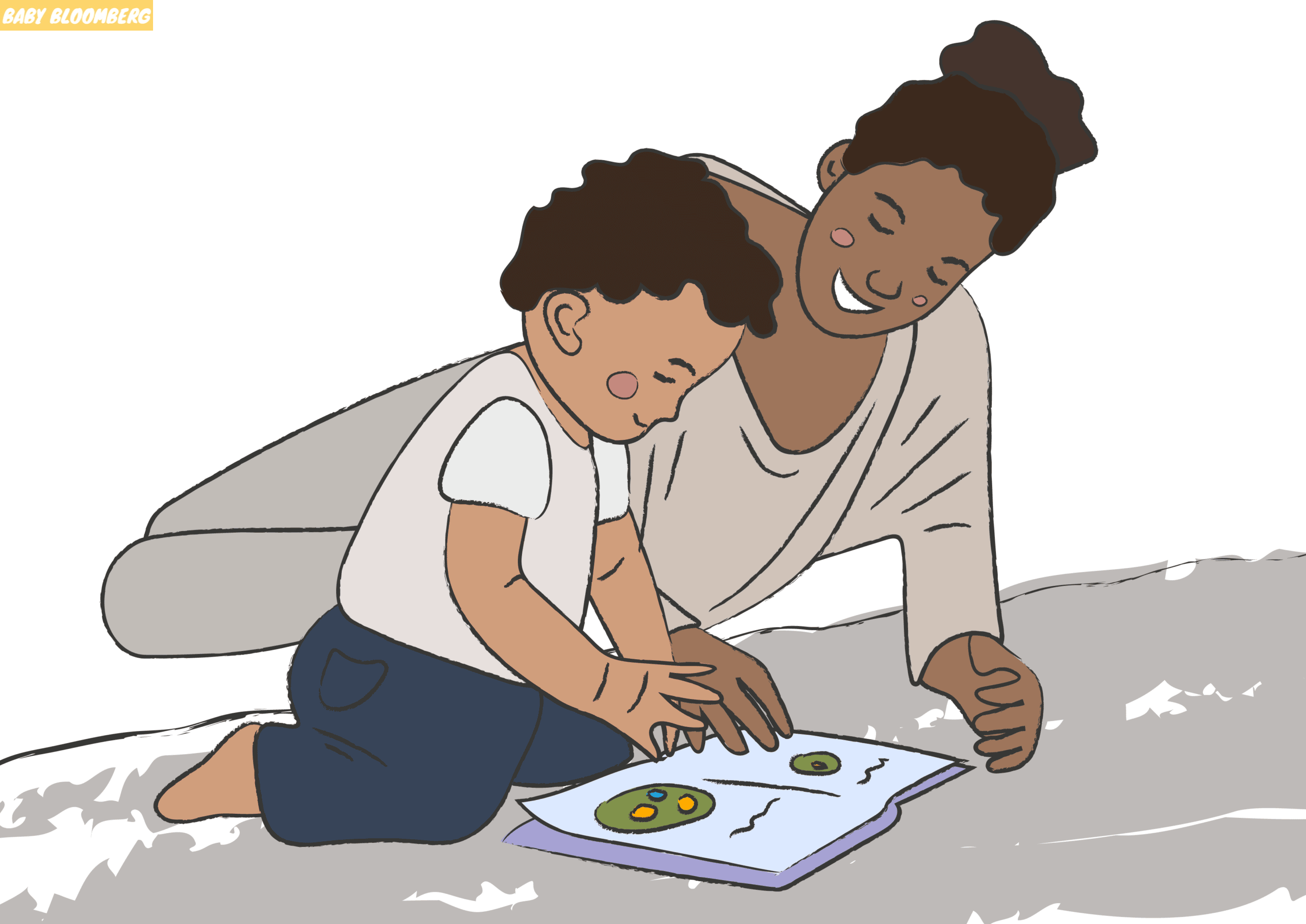Legal Rights for 18 Year Olds Living at Home
As an 18-year-old living at home, you possess certain legal rights. It’s essential to understand these rights to ensure that you are treated fairly and have a sense of autonomy. Some key legal rights include:
- The right to vote: Turning 18 grants you the power to vote in political elections, allowing you to have a say in shaping your country’s future.
- The right to privacy: Even though you are living under your parents’ roof, you still have a right to privacy. They should respect your personal space and belongings.
- The right to make medical decisions: In most cases, once you turn 18, you have the authority to make medical decisions for yourself. However, it’s crucial to consider legal exceptions and communicate with your parents about your healthcare choices.
- The right to seek employment: As a legal adult, you have the right to seek employment and earn a living. You can choose to contribute to your household expenses or save for your future independence.
Parental Rules for 18 Year Olds Living at Home
While you may have legal rights, it’s important to recognize that living at home means abiding by your parents’ rules. These rules are often put in place to ensure a harmonious living environment and to prepare you for the responsibilities of adulthood. Some common parental rules for 18-year-olds living at home include:
- Curfew: Your parents may establish a curfew to ensure your safety and well-being. It’s important to communicate with them about your whereabouts and be respectful of their expectations.
- Chores and responsibilities: Living at home means contributing to the household chores and responsibilities. This may include tasks like cleaning, grocery shopping, or taking care of pets.
- Academic expectations: Your parents may have certain expectations regarding your education. This can include maintaining good grades, attending school regularly, and completing homework assignments.
- Communication: Open and honest communication is vital between you and your parents. They may want to know your plans, goals, and concerns. Regular check-ins can help build trust and ensure that everyone is on the same page.
- Financial responsibilities: While living at home, you may be expected to contribute financially to the household. This can include paying rent, helping with utility bills, or contributing to groceries.
- Respect for household rules: Your parents may have specific rules in place regarding noise level, visitors, or technology usage. It’s important to respect these rules to maintain a peaceful living environment.
Responsibilities of 18 Year Olds Living at Home
Alongside parental rules and expectations, there are certain responsibilities that fall on 18-year-olds living at home. Embracing these responsibilities can help you develop the necessary skills for adulthood and foster a healthy relationship with your parents. Some key responsibilities include:
- Self-care: Taking care of your physical and mental well-being is crucial. This includes practicing good hygiene, managing your own healthcare, and seeking help when needed.
- Education and career goals: You should take charge of your own educational and career pursuits. Set goals, work diligently, and seek opportunities for growth and development.
- Financial management: Learning to manage your finances is an essential skill. This includes budgeting, saving, and being responsible with credit if applicable.
- Household contributions: As mentioned earlier, contributing to household chores and responsibilities is important. This demonstrates maturity and helps create a balanced living environment.
- Personal development: Explore your interests, hobbies, and passions outside of school or work. Investing time in personal growth can enhance your overall well-being and prepare you for adulthood.
Household Rules for 18 Year Olds Living at Home
Household rules play a significant role in maintaining order and harmony within the family. These rules often encompass various aspects of daily life and help establish a sense of structure. Some common household rules for 18-year-olds living at home include:
- Communication and respect: Open and respectful communication is important for resolving conflicts and understanding each other’s perspectives. Maintain a respectful tone, listen actively, and express your thoughts and feelings in a calm manner.
- Shared responsibilities: Distribute household chores equitably among family members. Create a schedule or system that ensures everyone contributes their fair share.
- Technology usage: Establish guidelines for technology usage within the household. This can include restrictions on screen time during certain hours or the expectation of device-free meals and family time.
- Mealtime etiquette: Encourage communal meals and establish good mealtime etiquette. This may include rules such as turning off devices, participating in conversation, and pitching in with meal preparation and cleanup.
- Quiet hours: Establish designated quiet hours during which family members are expected to keep noise to a minimum. This can help create a peaceful environment for relaxation and study.
- Curfew and safety guidelines: Set clear expectations regarding curfew and safety. Maintain open lines of communication regarding your whereabouts and plans to ensure your well-being.
Independence for 18 Year Olds Living at Home
Living at home as an 18-year-old can sometimes feel restrictive, but it also provides an opportunity to cultivate independence. Here are some ways to foster independence while still living at home:
- Open dialogue: Engage in open and honest conversations with your parents about your goals, aspirations, and desires for independence. By sharing your thoughts, you can work together to find a balance between parental support and independence.
- Financial literacy: Develop financial literacy skills such as budgeting, saving, and building credit. This will empower you to manage your own finances and work towards financial independence.
- Self-advocacy: Take charge of your own needs and desires. This can involve voicing your preferences, making informed decisions, and advocating for yourself in various aspects, including education, employment, and healthcare.
- Goal setting: Set short-term and long-term goals for yourself. This can include educational goals, career aspirations, travel plans, or personal development milestones. Working towards these goals can help you establish your own path towards independence.
- Self-responsibility: Take responsibility for your actions and choices. This includes being accountable for your mistakes, seeking opportunities for personal growth, and learning from your experiences.
Transitioning to Adulthood While Living at Home
Transitioning to adulthood is a gradual process that often occurs while living at home. It involves developing the skills, knowledge, and independence necessary for a successful adult life. Here are some tips for navigating this transition:
- Open communication: Maintain open lines of communication with your parents about your plans, goals, and concerns. This helps build trust and ensures that everyone understands each other’s expectations.
- Seek guidance: Don’t hesitate to seek guidance from your parents, mentors, or other trusted adults. They can provide valuable insights and support as you navigate the challenges of adulthood.
- Embrace responsibility: Take on responsibilities willingly and demonstrate maturity. This can include managing your own finances, making decisions independently, and contributing to the household.
- Learn life skills: Use this time at home to learn essential life skills such as cooking, cleaning, and basic maintenance tasks. These skills will serve you well as you transition to living independently in the future.
- Pursue personal growth: Explore your interests, passions, and hobbies. Engage in activities that promote personal growth and allow you to discover your strengths and weaknesses.
Rights and Responsibilities of Young Adults Living at Home
As a young adult living at home, you have rights and responsibilities that should be understood and respected. Balancing these rights and responsibilities is crucial for a harmonious living environment. Some key rights and responsibilities include:
- Rights: You have the right to privacy, mutual respect, and autonomy in decision-making. You also have the right to be treated fairly and with dignity by your parents.
- Responsibilities: Alongside parental rules, you have responsibilities towards your parents and the household. This includes contributing to household chores, being mindful of noise levels, and maintaining open and respectful communication.
Setting Boundaries for 18 Year Olds Living at Home
Setting boundaries is necessary for maintaining healthy relationships between parents and 18-year-olds living at home. Clear boundaries help establish personal s30pace and foster mutual respect. Here are some tips for setting boundaries:
- Open communication: Discuss and negotiate boundaries with your parents. Clearly express your needs and desires, and listen to their perspectives as well. Find common ground and compromises that work for everyone.
- Respect individual space: Respect each other’s personal space and privacy. Knock before entering a closed bedroom, and refrain from going through each other’s personal belongings without permission.
- Establish rules: Create written or verbal agreements that outline household rules, curfew times, and expectations for responsibilities. This ensures that expectations are clear and avoids potential misunderstandings.
- Maintain open dialogue: Regularly check in with each other to enforce and reassess the established boundaries. This shows a commitment to maintaining a healthy and respectful living environment.
Financial Expectations for 18 Year Olds Living at Home
Living at home as an 18-year-old often comes with financial expectations. These expectations may vary depending on individual circumstances and family dynamics. Here are some common financial expectations to consider:
- Contributing to household expenses: Depending on your financial situation, your parents may expect you to contribute to household expenses such as rent, utilities, or groceries.
- Saving for the future: It’s important to develop saving habits early on. Set aside a portion of your income for future goals, such as higher education, independent living, or emergencies.
- Managing personal expenses: Take responsibility for your personal expenses, such as transportation costs, cell phone bills, and personal care items.
- Budgeting: Learn to budget your income and expenses effectively. This will help you make informed decisions, track your spending, and achieve financial independence.
Communication and Conflict Resolution for 18 Year Olds Living at Home
Effective communication and conflict resolution skills are crucial for maintaining a healthy living environment as an 18-year-old living at home. Here are some tips for navigating communication and resolving conflicts:
- Active listening: Practice active listening by giving your full attention to the person speaking. This demonstrates respect and understanding.
- Use “I” statements: When expressing your thoughts or concerns, use “I” statements to avoid sounding accusatory. For example, say, “I feel frustrated when…” instead of “You always…”
- Compromise and find common ground: During conflicts, aim to find a middle ground that satisfies both parties. Be open to compromise and explore different solutions.
- Take breaks: If conflicts become heated, take a break to allow emotions to cool down. Once everyone is calm, resume the conversation with a willingness to find a resolution.
- Seek professional help if needed: If conflicts persist or become unmanageable, consider seeking the help of a professional mediator or family therapist. They can provide guidance and support in resolving complex conflicts.
Living at home as an 18-year-old comes with a unique set of rules, rights, and responsibilities. By understanding legal rights, parental expectations, household rules, financial expectations, and the importance of communication and conflict resolution, young adults can navigate this transition period successfully. Balancing independence with parental support creates an environment that fosters personal growth, responsibility, and the development of essential life skills. By setting boundaries and maintaining open lines of communication, young adults and their parents can work together to create a harmonious living arrangement that sets the foundation for a successful transition into adulthood.











